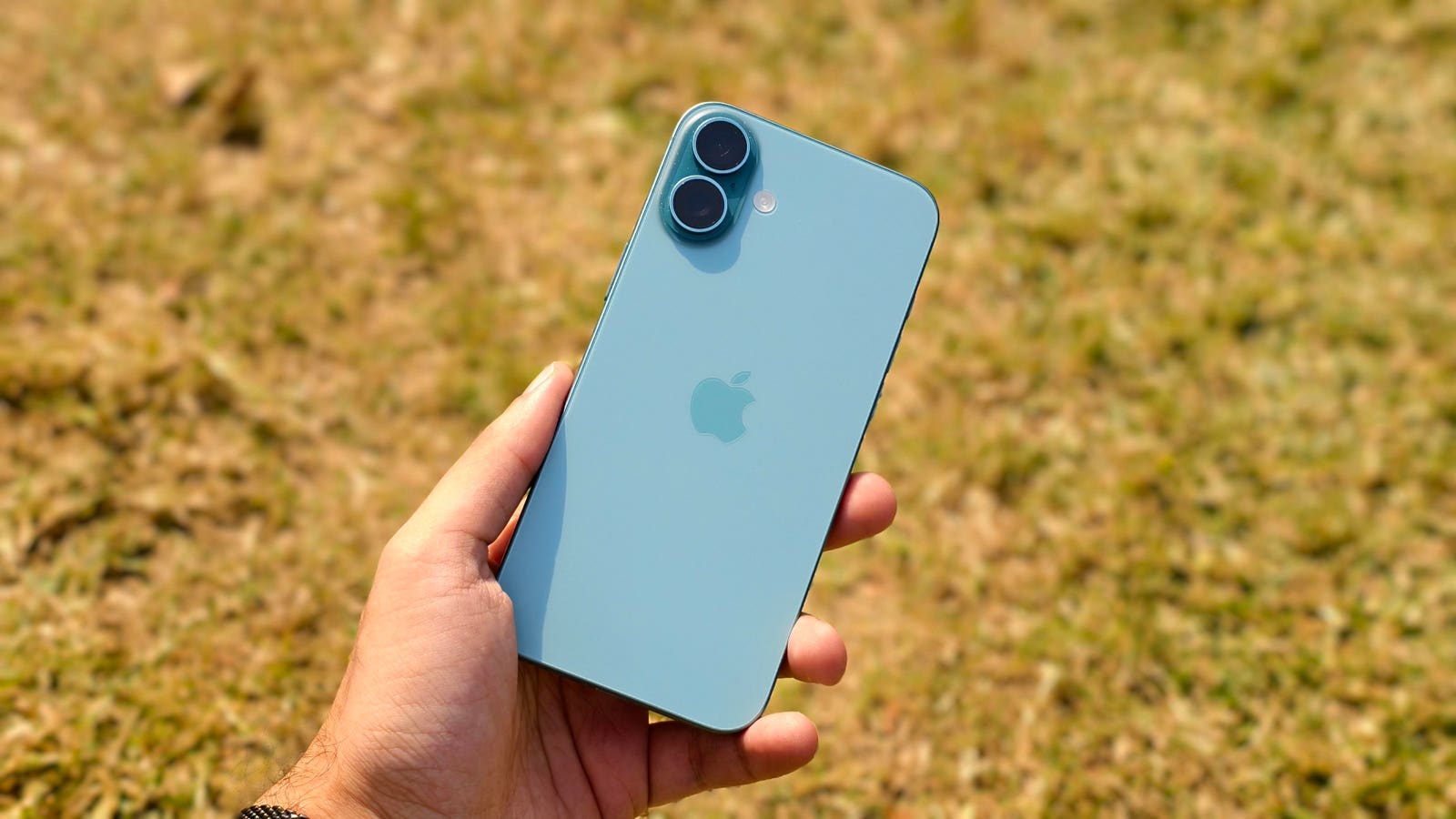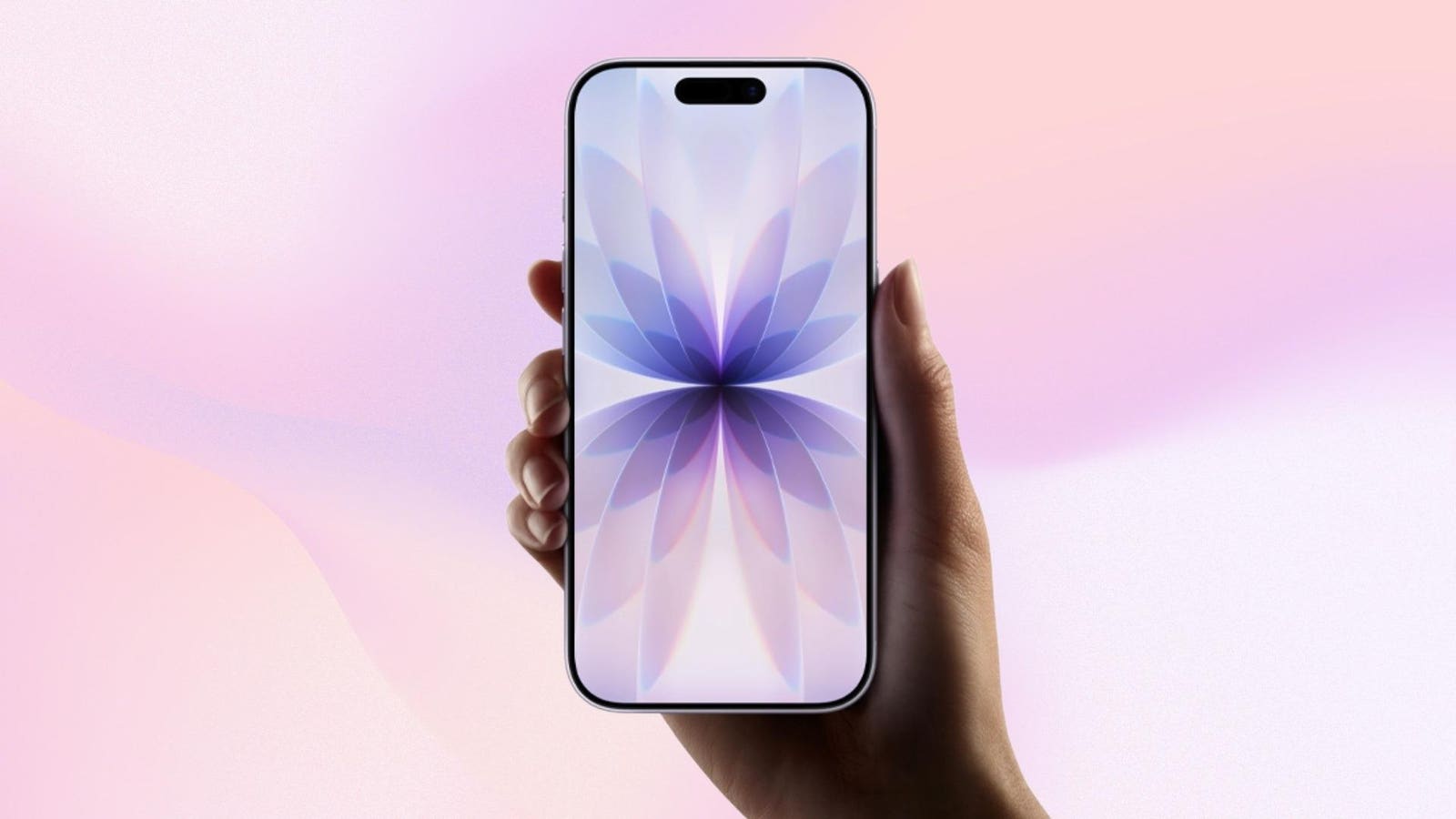Abstract image of eye and data in technology tunnel.
getty
A new warning has just been issued for 2 billion Chrome users, as Google’s browser begins collecting “sensitive data” on smartphones. That includes “your name, location, device ID, browsing and search history, product interactions, and purchase history.”
This follows Google’s announcement that “starting today, we’re rolling out Gemini in Chrome,” which it says is “the biggest upgrade to Chrome in its history.”
The warning comes from Surshark, which “instantly investigated the user privacy angle of AI browsers” after Google’s announcement. “If you use Chrome together with Gemini on your phone, they collect 24 different data types directly linked to you.”
This is more than any of the other “analyzed browsers with integrated agentic AIs,” Surfshark says. Even Microsoft’s Edge “is less data-hungry.” In combination with Copilot, it collects only half as much data as Chrome and Gemini.
Perplexity, Opera and Brave all collect less data. “With the Gemini-in-Chrome integration,” Surfshark says, “users should be aware of the amount of data collected.”
And it doesn’t stop there. “Many browsers, such as Chrome, Edge, and Firefox, allow users to add agentic AI extensions like ChatGPT. While these tools are undeniably useful, installing them can expose additional personal data to third-party companies.”
We’ve seen multiple reports in recent months into the data harvesting attributed to browser extensions, even those downloaded from the official stores.
Data hungry AI browsers
Surfshark
“Gemini in Chrome works with you, on your terms,” Google says. “It assists only when you ask, putting you in control.” If you do ask, though, your information is collected.
This new data harvesting warning — including location tracking — comes at the same time as a separate report warns that Google’s other major Gemini upgrade this month — Nano Banana — is also greedy when it comes to feeding on user data.
Separately, Apple has now made its anti-fingerpringing technology the default for all Safari browsing in iOS 26. But you need to use its own browser to make that work. If you use Chrome on an iPhone there’s no defense. Which is why Apple is also warning iPhone users to stop using Chrome and use Safari instead.
“Gemini in Chrome activates only when you choose to use it,” Google says, “via clicking on the Gemini icon or the keyboard shortcut that you set up. It assists on your terms, stepping in only when you ask.” Something to bear in mind, given this new report.
You may even choose to skip the upgrade altogether.









